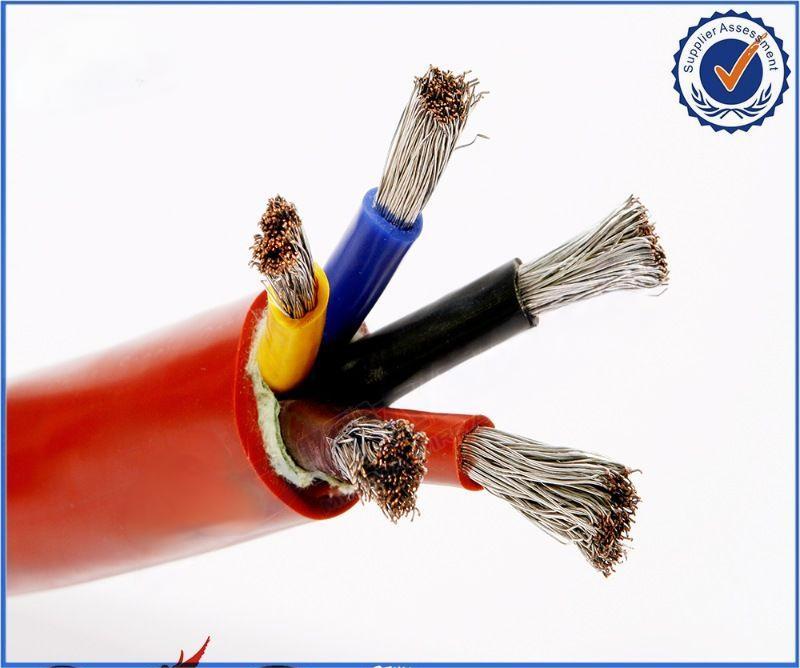Nov . 21, 2024 20:52 Back to list
ball valve
Understanding Ball Valves A Comprehensive Guide
Ball valves are one of the most common types of valves used in various industrial and residential applications. Their design and functionality make them a preferred choice for controlling the flow of liquids and gases, ensuring efficiency, reliability, and ease of use. This article delves into the features, applications, and advantages of ball valves, providing a comprehensive understanding of this essential component.
What is a Ball Valve?
A ball valve is a type of quarter-turn valve that uses a hollow, perforated, and pivoting ball to control the flow of fluid. The ball is mounted in a way that it can rotate within the valve body. When the ball's hole is aligned with the flow, the valve is open, allowing fluid to pass through. Conversely, when the ball is rotated 90 degrees, the flow is shut off. This simple and effective mechanism allows for quick operation and minimal pressure drop when the valve is fully open.
Key Features of Ball Valves
1. Durability Ball valves are known for their robust construction and durability. Made from materials such as brass, stainless steel, and PVC, they can withstand high pressures and temperatures, making them suitable for a wide range of applications.
2. Sealing Capability The design of the ball valve provides an excellent sealing capability. The ball is typically coated with a soft material, such as Teflon or rubber, which compresses against the valve seat, preventing leaks and ensuring a tight seal.
3. Versatility Ball valves can handle various media, including water, oil, gas, and steam. Their versatility makes them suitable for use in different environments, from residential plumbing systems to complex industrial processes.
4. Easy Operation The quarter-turn operation of ball valves allows for quick adjustments, which is particularly beneficial in emergency situations. A simple twist of the handle can stop or start the flow immediately.
5. Low Maintenance Once installed, ball valves require minimal maintenance. Their design protects against debris buildup and wear, reducing the need for frequent inspections and replacements.
Applications of Ball Valves
ball valve

Ball valves are used in a plethora of applications across different industries
- Water Supply Systems In residential and commercial plumbing, ball valves regulate water flow to fixtures and appliances. They are also employed in irrigation systems to control water distribution.
- Oil and Gas Industry Ball valves play a critical role in the oil and gas sector, where they control the flow of hydrocarbons. Their ability to function under high pressure and temperature conditions makes them ideal for this application.
- Chemical Processing In chemical processing plants, ball valves manage the flow of chemical agents safely and efficiently. Their robust materials can handle corrosive substances, making them a reliable choice in this industry.
- HVAC Systems In heating, ventilation, and air conditioning (HVAC) systems, ball valves control the flow of refrigerants and other fluids, contributing to energy efficiency and proper system functioning.
Advantages of Using Ball Valves
- Efficiency Ball valves offer minimal resistance to flow, resulting in lower energy costs and improved system efficiency. Their full port design ensures a smooth passage for the fluid.
- Safety The reliability of ball valves contributes to the safety of various systems. Their ability to provide a tight seal reduces the risk of leaks, which can be hazardous in many applications.
- Cost-Effectiveness Although the initial investment for ball valves may be higher than other valve types, their long service life and low maintenance needs make them a cost-effective choice in the long run.
Conclusion
In summary, ball valves are an integral part of many fluid control systems due to their durability, versatility, and efficiency. From regulating water in residential properties to managing complex chemical processes in industrial settings, ball valves offer reliable solutions across various applications. Understanding the key features and benefits of ball valves can help you make informed decisions for your specific needs, ensuring optimal performance and safety in your systems. Whether you are involved in plumbing, oil and gas, or any sector requiring fluid management, consider the advantages of integrating ball valves into your setups for enhanced reliability and performance.
Share
-
Reliable Wafer Type Butterfly Valves for Every IndustryNewsJul.25,2025
-
Reliable Flow Control Begins with the Right Ball Check ValveNewsJul.25,2025
-
Precision Flow Control Starts with Quality ValvesNewsJul.25,2025
-
Industrial Flow Control ReliabilityNewsJul.25,2025
-
Engineered for Efficiency Gate Valves That Power Industrial PerformanceNewsJul.25,2025
-
Empowering Infrastructure Through Quality ManufacturingNewsJul.25,2025